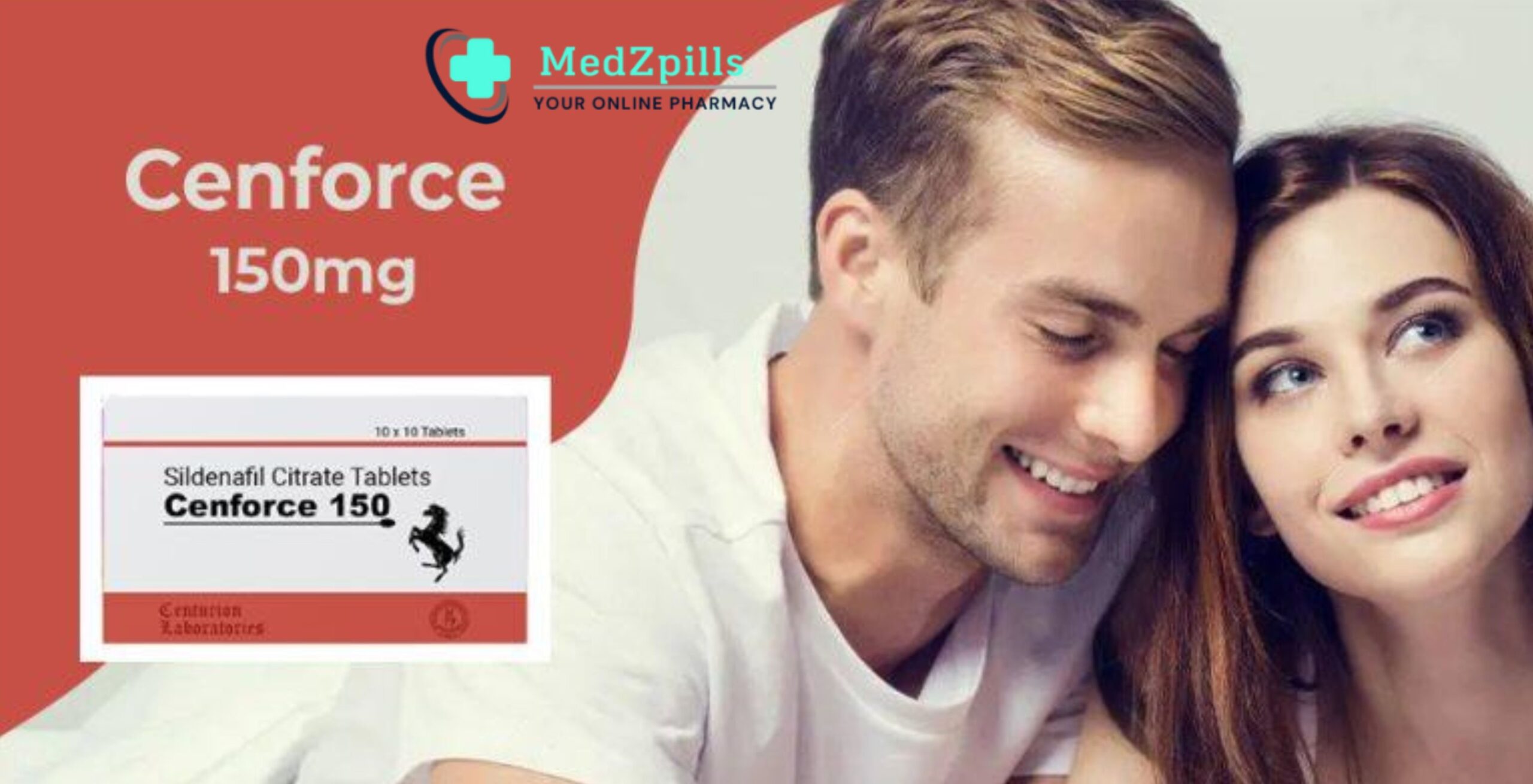Varicose veins are a common medical condition that affects many people, particularly as they age. These enlarged, twisted veins often appear on the legs and can cause discomfort, pain, and cosmetic concerns. If you’re dealing with varicose veins, you may wonder what kind of doctor to consult for diagnosis and treatment. In this comprehensive guide, we will explore what a vein specialist is, their role in managing varicose veins, and the various treatment options available.
What Kind Of Doctor Is A Vein Specialist?
A vein specialist, also known as a phlebologist, is a medical professional who specializes in the diagnosis and treatment of vascular conditions, particularly those related to veins. They have extensive training and expertise in managing various venous disorders, including varicose veins. Here’s a closer look at the qualifications and roles of vein specialists:
- Medical Education: Vein specialists typically begin their medical careers as doctors. They complete medical school, which is a rigorous program that provides them with a broad foundation in medicine and surgery.
- Residency: After medical school, prospective vein specialists pursue a residency in a relevant field, such as internal medicine or surgery. This residency program helps them gain valuable experience in managing a wide range of medical conditions.
- Fellowship: To become a vein specialist, doctors typically undertake a fellowship in vascular medicine, vascular surgery, or interventional radiology. During this specialized training, they learn to diagnose and treat various vascular conditions, including varicose veins.
- Certification: Many vein specialists seek certification from professional organizations like the American Board of Venous and Lymphatic Medicine (ABVLM) or the American Board of Surgery. These certifications demonstrate their commitment to providing high-quality care in the field of venous medicine.
- Expertise: Vein specialists are knowledgeable in the anatomy and function of the circulatory system, with a focus on veins. They can diagnose and treat a variety of vein-related issues, including spider veins, deep vein thrombosis, and, of course, varicose veins.
- Diagnostic Tools: Vein specialists use advanced diagnostic tools such as ultrasound imaging to assess the condition of a patient’s veins accurately. This helps them determine the best course of action for treating varicose veins.
- Treatment Options: Vein specialists offer a range of treatment options for varicose veins, tailored to the individual needs of each patient. These treatments may be both conservative and interventional, depending on the severity of the condition.
What are the treatment options for varicose veins?
Varicose veins can cause discomfort, pain, and swelling. Additionally, their appearance can be a source of self-consciousness for many individuals. Fortunately, there are numerous treatment options available to address varicose veins, from conservative measures to more invasive procedures. The choice of treatment depends on the severity of the condition, symptoms, and the patient’s preferences. Here are some of the most common treatment options:
Lifestyle Modifications:
· Compression Stockings: Wearing compression stockings is often the first step in managing varicose veins. These specialized stockings apply gentle pressure to the legs, helping improve blood flow and reduce swelling.
· Exercise: Regular physical activity, particularly exercises that strengthen the calf muscles, can improve blood circulation and reduce the severity of varicose veins.
· Weight Management: Maintaining a healthy weight can reduce the stress on your leg veins, potentially preventing the development of new varicose veins.
· Elevation: Elevating your legs whenever possible, especially while resting, can help reduce swelling and alleviate discomfort.
Sclerotherapy:
Sclerotherapy is a minimally invasive procedure used to treat small to medium-sized varicose veins and spider veins. During this procedure, a vein specialist injects a special solution directly into the affected vein. The solution irritates the vein’s inner lining, causing it to collapse and eventually be absorbed by the body. Over time, the vein fades from view.
Endovenous Laser Ablation (Evla):
EVLA, also known as laser therapy, is a minimally invasive treatment option for larger varicose veins. A thin laser fiber is inserted into the affected vein under ultrasound guidance. The laser energy heats and seals the vein, leading to its closure. Blood flow is rerouted to healthier veins, and the treated vein is gradually absorbed by the body.
Radiofrequency Ablation (Rfa):
Radiofrequency ablation is a similar procedure to EVLA, but it uses radiofrequency energy instead of laser energy to heat and close the affected vein. This method offers an effective and less painful alternative to traditional vein stripping surgery.
Ambulatory Phlebectomy:
Ambulatory phlebectomy is a minor surgical procedure used to remove medium-sized varicose veins close to the surface of the skin. The vein specialist makes small incisions and then uses a hook to extract the problematic vein. This procedure is done on an outpatient basis and typically requires only local anesthesia.
High Ligation And Vein Stripping:
This traditional surgical approach involves making small incisions to tie off (ligate) and remove (strip) the damaged vein. While it is effective, it is more invasive and may require a longer recovery period than minimally invasive procedures like EVLA or RFA. Vein stripping is typically reserved for severe cases of varicose veins.
Foam Sclerotherapy:
Foam sclerotherapy is a variation of the standard sclerotherapy technique, where the sclerosing solution is mixed with air or another gas to create a foam. The foam can displace blood within the vein, allowing for better contact between the solution and the vein wall. It is especially effective for larger varicose veins.
Clarivein (Mechanochemical Ablation):
Clarivein is a relatively new treatment option that combines the mechanical and chemical closure of varicose veins. During this procedure, a rotating wire is inserted into the vein, disrupting the inner lining, while a sclerosing solution is simultaneously delivered. This method offers a less painful and faster recovery compared to some other treatments.
Venaseal Closure System:
The VenaSeal Closure System is a modern and minimally invasive approach to treating varicose veins. It involves injecting a medical adhesive into the affected vein to seal it shut. The body then naturally redirects blood flow to healthier veins while the sealed vein is gradually absorbed.
Conclusion
Varicose veins are a common vascular condition that can cause pain and cosmetic concerns. If you’re wondering what kind of doctor to consult for your varicose veins, a vein specialist or phlebologist is the best choice. These medical professionals have the expertise and training to accurately diagnose and offer a range of treatment options for varicose veins.
The choice of treatment depends on the severity of your condition, your symptoms, and your personal preferences. From conservative measures like compression stockings and lifestyle modifications to minimally invasive procedures such as sclerotherapy, endovenous laser ablation, and radiofrequency ablation, there are various ways to address varicose veins. For more severe cases, traditional surgical options like vein stripping may be considered.
It’s essential to consult with a vein specialist to assess your condition and determine the most suitable treatment plan for you. With the help of a qualified professional, you can improve your vascular health, alleviate discomfort, and enhance the appearance of your legs, ultimately leading to a better quality of life.




